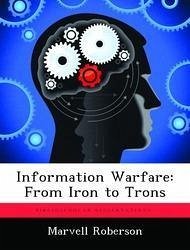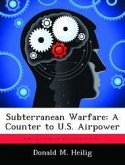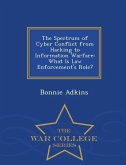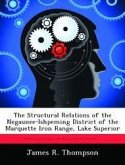There are four major goals of this paper. We will explore the possibility of well-known terrorist groups (Hammas, Hezbolla, Al Qaeda) launching an information warfare attack against our national infrastructure. Various definitions of information warfare and the three types of information warfare will be described in depth. The research will also look at Cuba, China, North Korea, and Russia's path toward developing information warfare as a weapon in their toolbox. Additionally, this paper will analyze current U.S. vulnerabilities and propose a road-map toward securing our national infrastructure. Old and young alike, whether sitting in a Cyber-bar in the United States, a school-house in Germany, or a Zulu teenager squatting in front of a thatched roofed beehive dwelling in Africa, are surfing the Internet; gaining access to everything that touches their lives, from e-banking, to updating heath care coverage, to mating and dating. We are becoming a digitized society of "ones and zeroes" by necessity. The Digital Generation, or GenD, the generation following the baby boomers, was introduced to computer technology at an early age. Now that we have created a computer literate society and everyone's comfortable exploring different areas on the network, new variables, and hazards, are introduced. Many experts refer to IW as Information Operation (IO), Electronic Warfare (EW), Cyberwar, or Netwar. The over-arching term used for this paper is Information Warfare.
Hinweis: Dieser Artikel kann nur an eine deutsche Lieferadresse ausgeliefert werden.
Hinweis: Dieser Artikel kann nur an eine deutsche Lieferadresse ausgeliefert werden.








